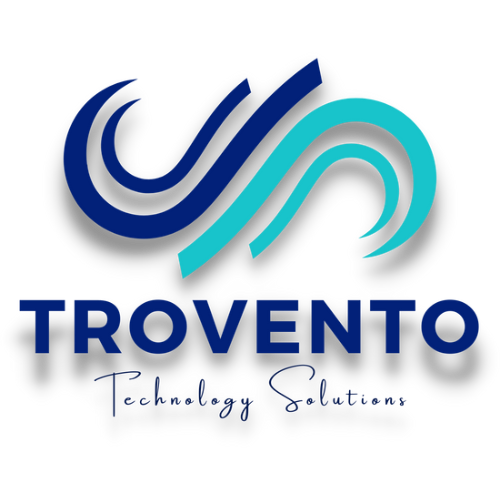Embracing Technology for a Sustainable Future: Breaking Silos and Energizing Our Planet
- Ahmed Mousbah
- May 20, 2023
- 3 min read
In times like these, it's evident that we must take action to ensure a sustainable future. The challenges of climate change, resource depletion, and environmental degradation are critical issues that demand our attention. Delaying any longer isn't an option. To conquer these challenges, we must concentrate on energy transition and leverage technology to connect various industries. By doing so, we can pave the way for a cleaner and more sustainable planet that future generations can cherish.

The Need for Energy Transition
Fossil fuels have long been the primary energy source, but their detrimental impact on the environment and the looming threat of depletion have necessitated a shift toward renewable alternatives. The transition to cleaner energy sources, such as solar, wind, hydro, and geothermal power, holds immense potential for mitigating climate change, reducing pollution, and ensuring long-term energy security.
However, achieving a successful energy transition requires collaborative efforts across various industries. By breaking the silos that separate sectors like energy, transportation, agriculture, and manufacturing, we can create synergies that amplify the positive impact of sustainable practices.
Leveraging Technological Advancements
Technological advancements have emerged as powerful enablers in pursuing a sustainable future. The rapid progress in renewable energy technologies, energy storage systems, smart grids, and electric vehicles has opened up unprecedented opportunities. These break

throughs offer cleaner alternatives and facilitate greater efficiency, reliability, and scalability.
For instance, integrating artificial intelligence (AI) and machine learning (ML) algorithms can optimize energy distribution and consumption, making energy systems more efficient. These technologies can adapt and respond to changing energy demands by analyzing massive amounts of data in real time, reducing wastage, and promoting sustainability.
Furthermore, the Internet of Things (IoT) allows seamless connectivity and communication between different systems, enabling more innovative energy management. IoT-enabled sensors and devices can monitor energy usage, identify inefficiencies, and suggest corrective measures. This interconnectedness allows industries to share data, best practices, and insights, breaking down silos and fostering collaboration.
Breaking Silos Between Industries
The traditional approach of working within industry-specific silos can impede progress toward a sustainable future. The energy transition requires a holistic perspective that recognizes the interdependence of different sectors. Collaboration and knowledge exchange between industries can lead to innovative solutions that address shared challenges.
For instance, the transportation sector, a significant contributor to greenhouse gas emissions, can work hand in hand with the renewable energy industry. Electric vehicles (EVs) powered by clean energy sources can reduce carbon footprints and help store and distribute surplus renewable energy. By aligning efforts and sharing resources, these industries can drive sustainable mobility and accelerate the transition from fossil fuels.
Similarly, the agricultural sector can collaborate with renewable energy providers to explore opportunities such as utilizing bioenergy derived from agricultural waste or installing solar panels on farmlands. These collaborations promote sustainable energy generation and foster economic growth and resilience in rural communities.
The future of our planet depends on our ability to break silos and embrace sustainable practices across industries. We can achieve a transformative energy transition by leveraging technological advancements and facilitating collaboration. This transition will reduce our dependence on fossil fuels and create cleaner, healthier, and more sustainable communities.
To realize this vision, policymakers, businesses, and individuals must recognize the urgent need for change and commit to collective action. Governments must enact supportive policies, provide incentives for sustainable practices, and foster cross-industry collaborations. Businesses should prioritize sustainability in their operations, supply chains, and product offerings. Individuals can contribute by adopting energy-efficient technologies, reducing waste, and advocating for change.
The future is in our hands, leveraging technology and breaking down.

Comments